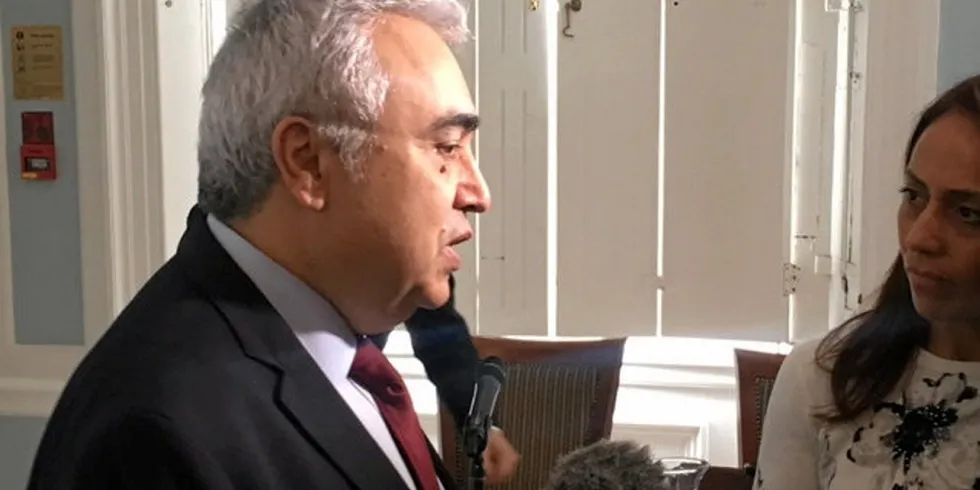Birol: Putin 'played energy card and didn't win' as governments double down on renewables
'Cleaner alternatives' to Russian oil & gas growing rapidly as policymakers strengthen energy security, with global green power capacity up a quarter in 2022 as hydrocarbon revenues into Moscow coffers tumbled
